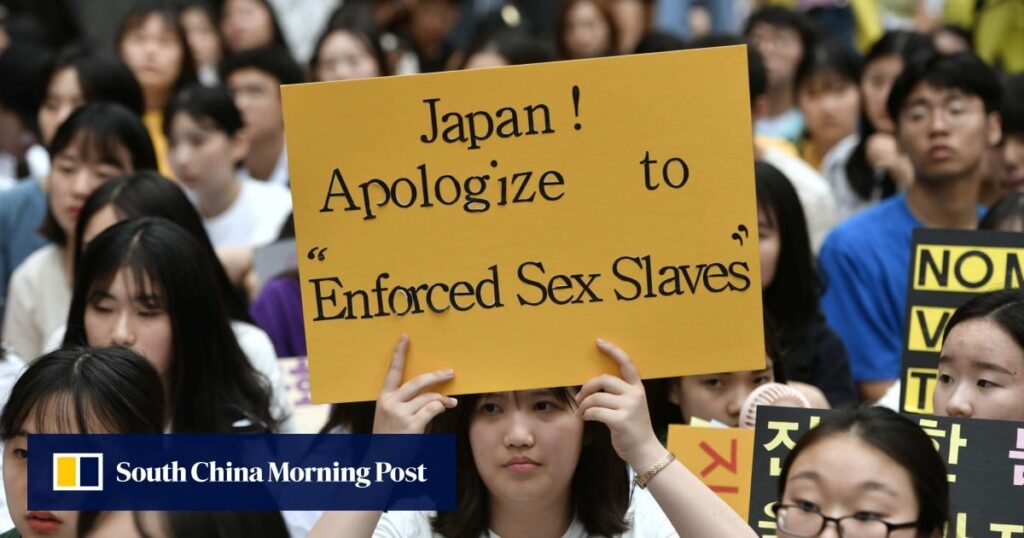South Korean Politician’s Embezzlement Case Stirs Controversy Over "Comfort Women" Issue
The recent conviction of a South Korean politician for misappropriating funds designated for “comfort women” has reignited contentious discussions in Japan. Conservative voices argue that this case exemplifies the manipulation of a sensitive historical issue for personal gain by corrupt officials in Seoul.
Calls for Caution from Tokyo and Businesses
Conservative commentators suggest that this situation illustrates why both the Japanese government and private enterprises should resist escalating demands for greater reparations to the “comfort women.” These women were forced into military prostitution during Japan’s colonial rule over the Korean peninsula, and the controversy extends to former forced laborers pursuing compensation through South Korean legal channels.
The Case Against Yoon Mee-hyang
Yoon Mee-hyang, the politician at the center of this scandal, led the Korean Council for Justice and Remembrance for the Issues of Military Sexual Slavery from 2005 to 2020. In 2020, she was elected to the National Assembly of South Korea as a member of the Democratic Party. However, her political career took a turn when she was expelled from the party in 2021 after accusations from former “comfort woman” Lee Yong-see, who alleged that Yoon had exploited both her and other survivors for personal profit.
Details of the Conviction
In a legal ruling last year, a South Korean lower court found Yoon guilty of embezzling 80 million won (approximately US$57,200) in donations intended for “comfort women.” Additionally, she was convicted of unlawfully securing 65.2 million won in government subsidies and misappropriating 130 million won raised for a “comfort woman’s” funeral. Evidence presented revealed that funds were misused for personal expenses, including meals, yoga sessions, and paying Yoon’s income taxes, with some money traced to her daughter’s bank account.
Supreme Court Upholds Sentence
Yoon appealed her conviction, but on November 14, South Korea’s Supreme Court affirmed the lower court’s ruling, sentencing her to 4.5 years in prison and a fine of 15 million won. This decision has further intensified debates surrounding the historical injustices faced by “comfort women” and the ongoing need for respectful and accountable advocacy on their behalf.


